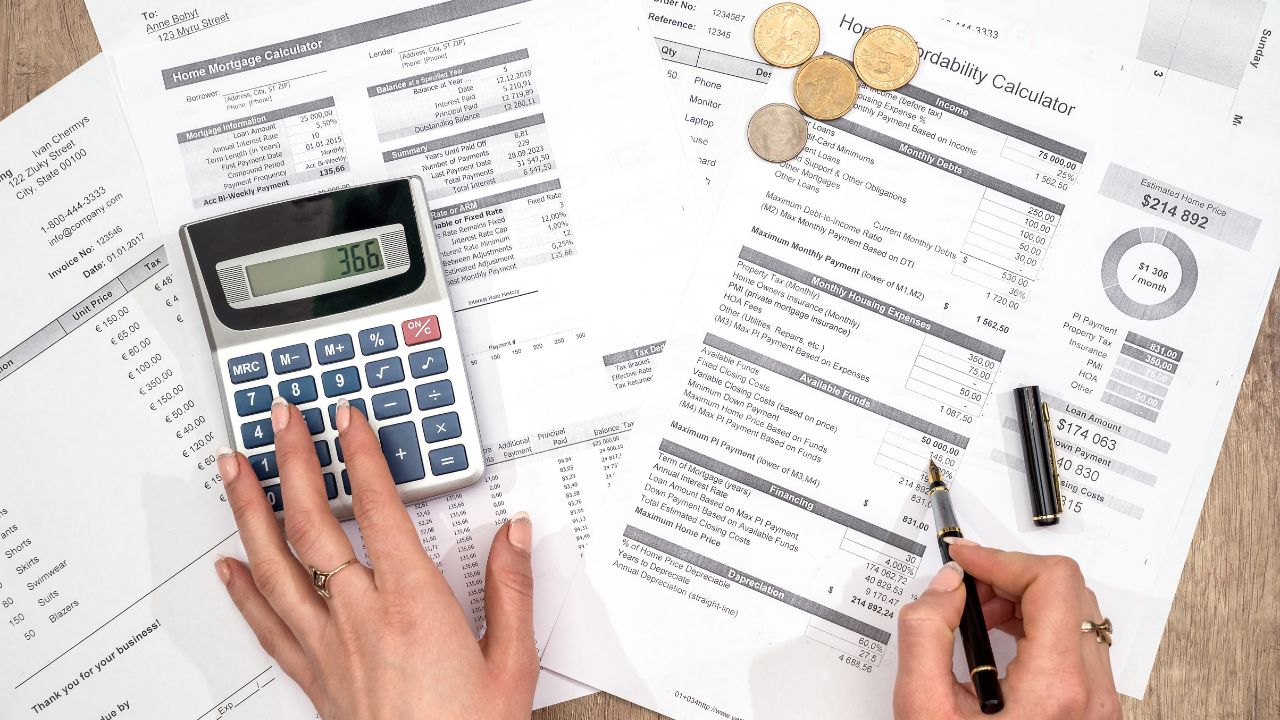How Can You Prepare Your Finances for a Mortgage?
 Dreaming of owning a home? Preparing your finances for a mortgage is key to making that dream a reality. Here’s how to get started:
Dreaming of owning a home? Preparing your finances for a mortgage is key to making that dream a reality. Here’s how to get started:
1. Create a Budget
Understanding how much you can afford is the first step. Review your monthly expenses and set a target mortgage payment that aligns with your budget. For example, if you’re comfortable paying $1,200 in rent, aim for a mortgage payment around that amount.
2. Save for a Down Payment
Start building your savings for the down payment. If you’re buying a $300,000 home and plan to put down 5% ($15,000), saving $500 per month can help you reach your goal in 2.5 years. Consider trimming unnecessary expenses to speed up the process.
3. Check and Improve Your Credit Score
Your credit score has a big impact on the interest rate you qualify for. A higher score can save you thousands over the life of the loan. Take steps like:
-
Paying bills on time.
-
Reducing credit card balances.
-
Avoiding new credit inquiries.
Even moving from a 670 to a 720 score can make a big difference.
4. Work with a Mortgage Professional
A trusted mortgage broker can help you navigate the process, find the best rates, and handle the paperwork. They’ll also provide guidance tailored to your financial situation.
5. Get Pre-Approved
Pre-approval shows sellers you’re serious and gives you a clear picture of your borrowing limits. To get pre-approved, you’ll need to gather essential documents like tax returns, pay stubs, and bank statements. A mortgage broker can help you through this step to ensure you’re ready to make offers with confidence.
Preparing your finances for a mortgage takes time, but it’s worth the effort. With a solid budget, a growing savings account, a strong credit score, and expert guidance, you’ll be ready to tackle the home-buying journey.
Ready to take the next step? Give us a call and make your homeownership dreams a reality!

 For many potential homeowners, the dream of buying a house can feel out of reach, especially when saving for a large down payment or dealing with credit challenges. That’s where FHA loans come in. Backed by the Federal Housing Administration, these loans have become a go-to option for first-time homebuyers and others looking for accessible and flexible financing options.
For many potential homeowners, the dream of buying a house can feel out of reach, especially when saving for a large down payment or dealing with credit challenges. That’s where FHA loans come in. Backed by the Federal Housing Administration, these loans have become a go-to option for first-time homebuyers and others looking for accessible and flexible financing options. When you begin the exciting journey toward homeownership, understanding the financial aspects is vital. A key document in this process is the Loan Estimate. Provided by lenders when you apply for a mortgage, the Loan Estimate is your guide to deciphering the terms of your loan. Learning how to read and analyze this document is a significant step in making informed decisions about your home financing.
When you begin the exciting journey toward homeownership, understanding the financial aspects is vital. A key document in this process is the Loan Estimate. Provided by lenders when you apply for a mortgage, the Loan Estimate is your guide to deciphering the terms of your loan. Learning how to read and analyze this document is a significant step in making informed decisions about your home financing.